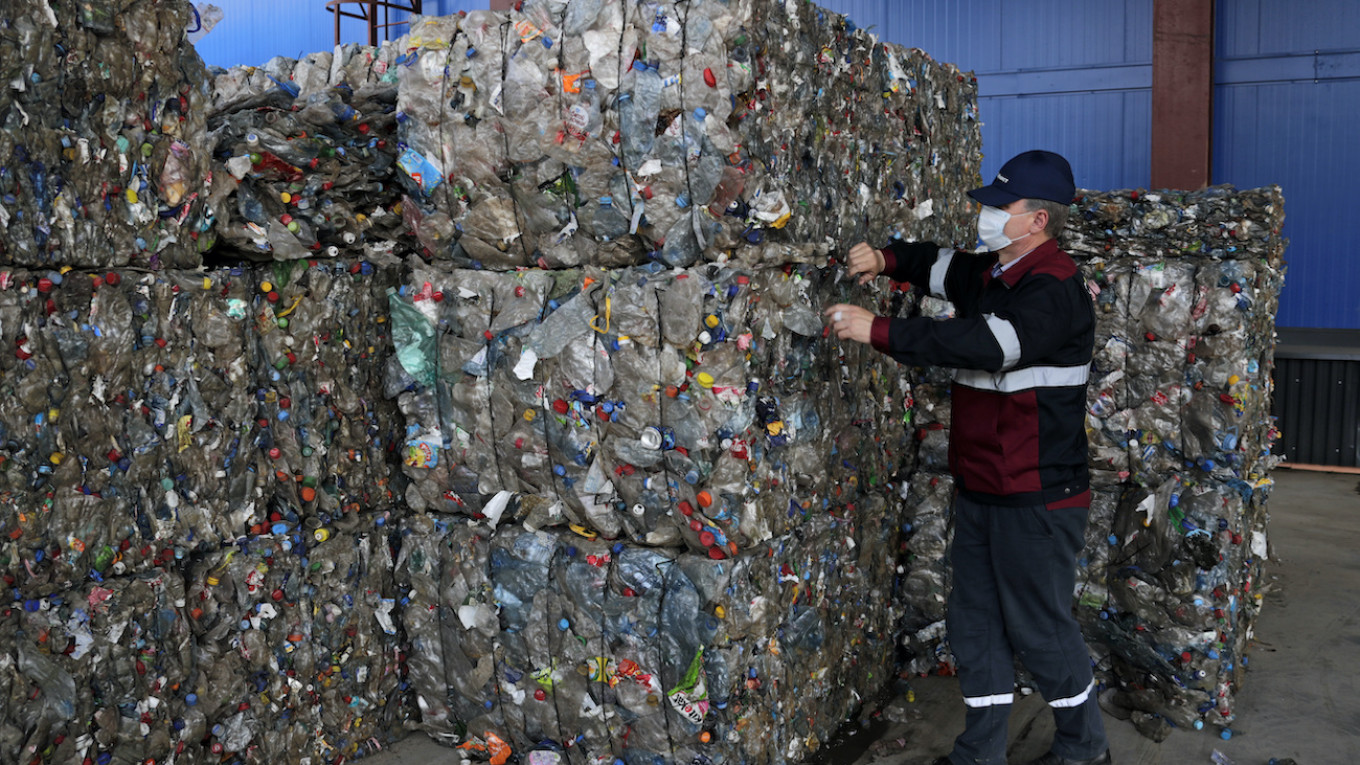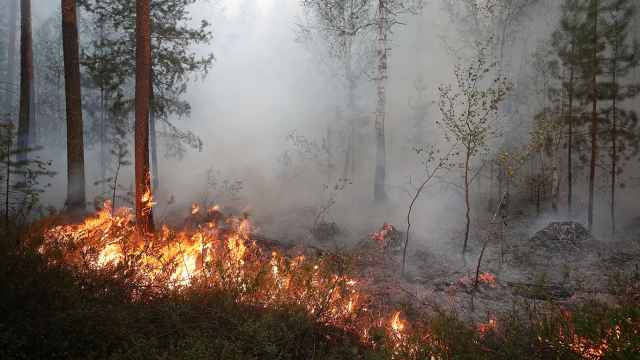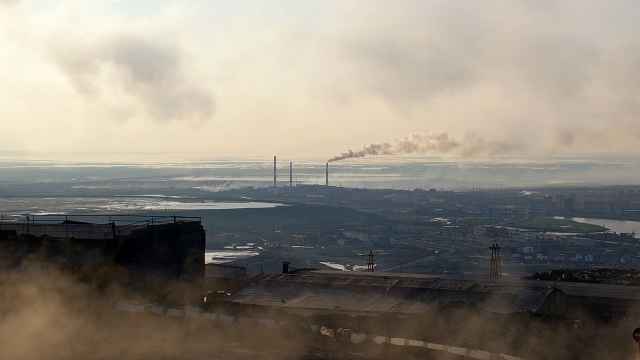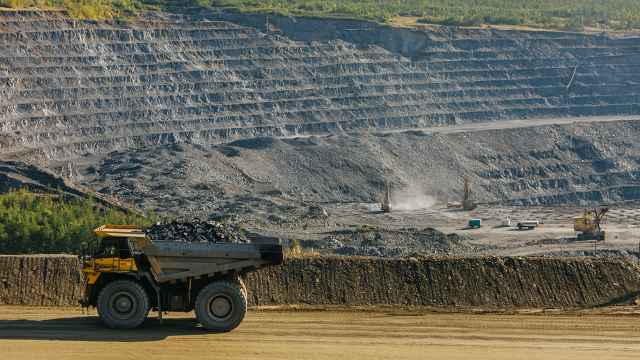No more than 7% of Russia's waste is recycled while the rest largely ends up in toxic landfills harmful to the environment and human health, Russian state auditors have said Tuesday.
Under President Vladimir Putin’s $360 billion National Projects domestic agenda, Russia aims to recycle 60% of its trash by 2030 with the help of 200 new waste-sorting facilities. Since entering into force on Jan. 1, 2019, the trash reform program has been criticized for increasing garbage collection costs instead of streamlining and modernizing the process as intended.
“Analysis showed that, despite the trash reform launched in 2019, the situation in this area still remains dysfunctional,” Russia’s Audit Chamber said in its latest waste management report.
“Recycling does not exceed 7%, while more than 90% is still sent to scrap yards and landfills that often don’t meet the standards of environmental legislation, poisoning the air, water and soil,” the Audit Chamber’s report said.
That figure compares to more than two-thirds of Germany’s waste and more than 40% of France’s waste recycled in 2017.
In its report, the Audit Chamber predicted that state-sanctioned landfills in more than half of Russia’s regions will run out of space by 2024 due to increasing solid waste generation and lack of capacity.
The budgetary watchdog also warned that Putin’s goal of eliminating landfills within city limits will fail because the National Projects envision the removal of 191 out of the 916 landfills within city borders.
Overall, the Audit Chamber estimated that there were around 8,323 landfills at the time the National Projects were drafted.
A Message from The Moscow Times:
Dear readers,
We are facing unprecedented challenges. Russia's Prosecutor General's Office has designated The Moscow Times as an "undesirable" organization, criminalizing our work and putting our staff at risk of prosecution. This follows our earlier unjust labeling as a "foreign agent."
These actions are direct attempts to silence independent journalism in Russia. The authorities claim our work "discredits the decisions of the Russian leadership." We see things differently: we strive to provide accurate, unbiased reporting on Russia.
We, the journalists of The Moscow Times, refuse to be silenced. But to continue our work, we need your help.
Your support, no matter how small, makes a world of difference. If you can, please support us monthly starting from just $2. It's quick to set up, and every contribution makes a significant impact.
By supporting The Moscow Times, you're defending open, independent journalism in the face of repression. Thank you for standing with us.
Remind me later.






